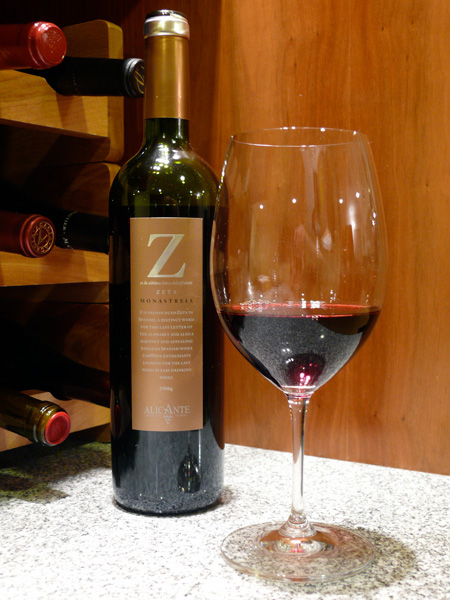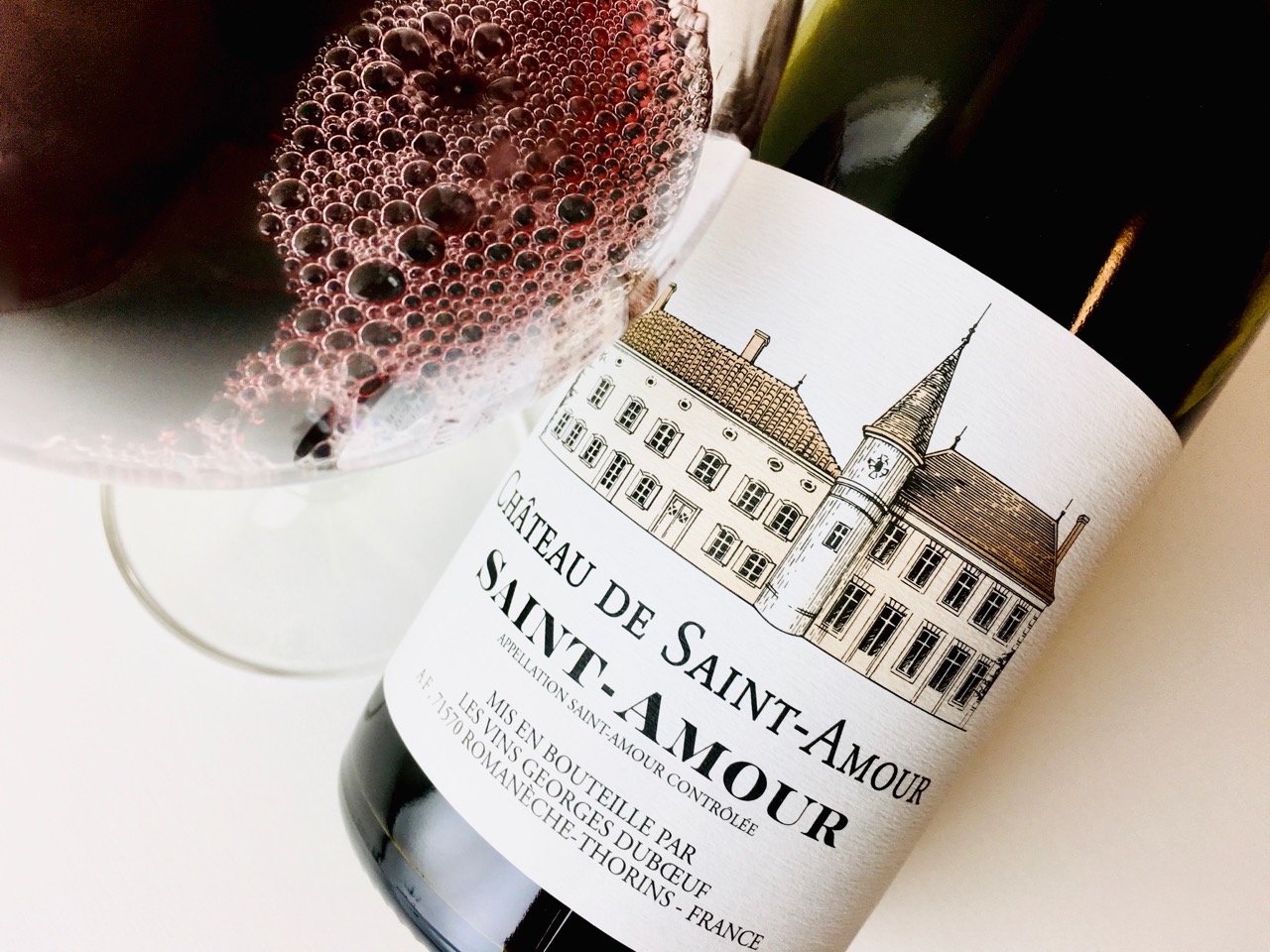I'm partial to du Breton pork tenderloins. Maybe it's because I'm a recovering vegetarian, but I like to think they treat their pigs better in Canada, home of the nice. The meat is classified as "natural," meaning no antibiotics and minimally processed. The tenderloins have a delicate texture and a clean, sweet smell, lacking the astringent (and ethical) overtones of industrially-raised pork.
Tonight I sear-roasted a small tenderloin, smothering it in fresh herbs for the oven. Here's the method (serves two):
Preheat the oven to 425 degrees F. (I have a convection oven with a Roast function; use this if you have it, but set the temperature to 400 instead.)
In a blender or food processor, whirl a cup of fresh herbs with a couple of cloves of garlic and a quarter of a cup of olive oil. I used a combination of basil, parsley, and rosemary, but almost any herbs will do. Thyme is especially good with pork, and you could complement this with some prepared Dijon mustard. Don't worry about pureeing the herbs too fine. Coarse is good.
Rinse and pat dry the tenderloin, then trim its silverskin. Pound the thickest part a bit so the meat will cook evenly. Rub it with olive oil, kosher salt, and pepper. Sear each side for about 3 minutes in a skillet over medium-high heat. Remove from heat and smear with the herb mixture, then place in an oven-proof pan and roast for about 12 minutes. I cook it to medium rare, with an internal temperature of about 135 degrees F. (The USDA says you need to cook it to 160, but that's advice for people who savor the notion that the pig died in vain.)
Let the meat rest, tented with foil, for five or ten minutes. This rest is critical: the internal temperature will continue to rise slightly, and the meat, tight from the hot oven, will relax and reincorporate its juices. Finally, cut the meat diagonally into 3/4" slices, arrange on two plates, and pour the roasting juices over it. Enjoy.



